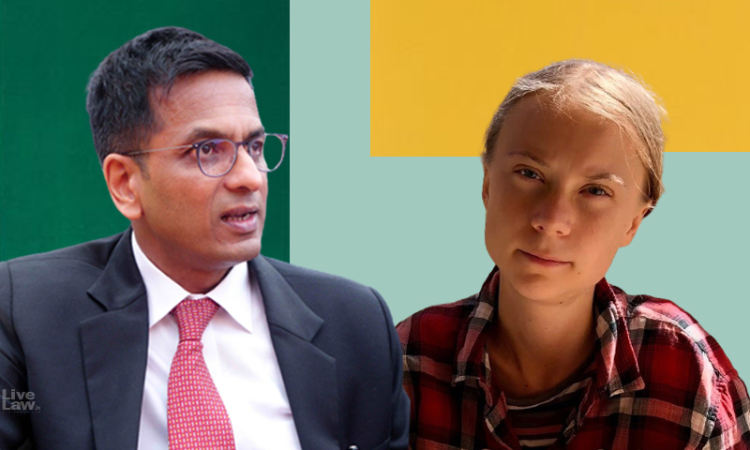Nobody Is Too Young To Make Big Change: Justice Chandrachud Cites Greta Thunberg Example
Shrutika Pandey
18 July 2021 9:11 AM IST

Next Story
18 July 2021 9:11 AM IST
While addressing the students on the 101st Birth Anniversary of (Late) Mr Y.V. Chandrachud, Former Chief Justice of India, his son, Justice Dr DY Chandrachud, took the example of Greta Thunberg, a Swedish environmental activist, to emphasize having a critical outlook towards the social and material realities. Justice Chandrachud noted that an engaged citizenry, particularly its students,...
